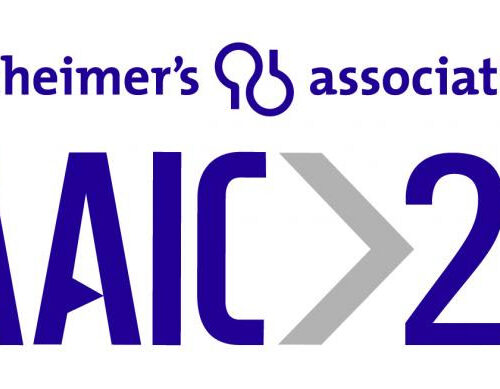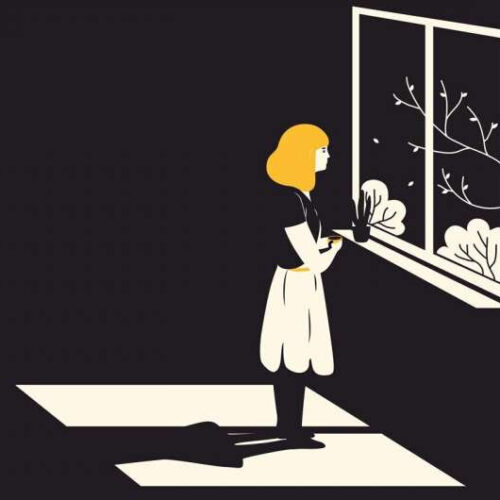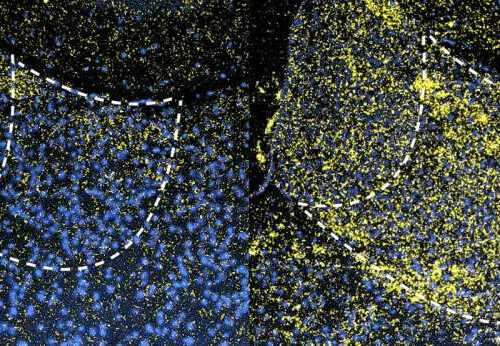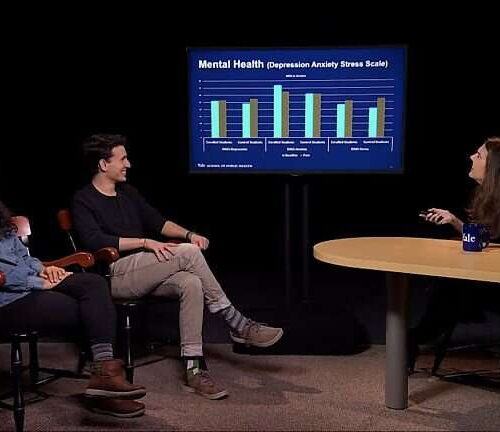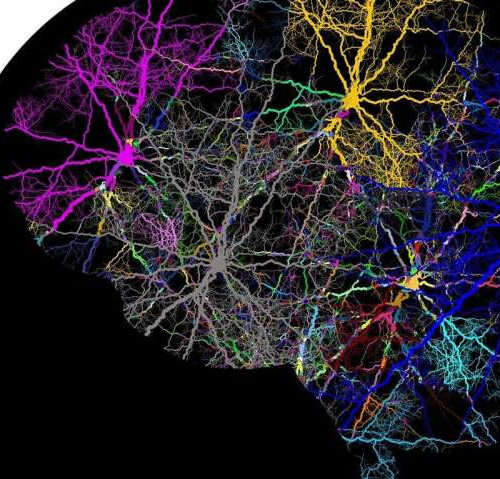by Ruhr-Universitaet-Bochum Credit: CC0 Public Domain The dual beneficial effect of physical activity in depression is confirmed by a study at the University Clinic for Psychiatry and Psychotherapy at Ruhr-Universität Bochum (RUB) at the Ostwestfalen-Lippe campus: physical activity not only reduces depressive symptoms. It also increases the brain’s ability to change, which is necessary for adaptation and learning...
Tag: <span>Depression</span>
Internet CBT for depression reviewed and analyzed
by University of Gothenburg Credit: Pixabay/CC0 Public Domain Internet-based cognitive-behavioral therapy (CBT) for depression is often just as effective as traditional CBT. This is clear from an international study involving scientists at the University of Gothenburg. However, some online treatments have components that can be harmful. Internet CBT (iCBT) as a method of delivering treatment is...
Targeting dads’ postpartum stress, anxiety, depression for the first time
by Kristin Samuelson, Northwestern University Credit: CC0 Public Domain We’ve long known mothers can experience increased stress, anxiety, and depression during pregnancy and after delivering their baby. Now there’s growing recognition that fathers also face similar mental health challenges, but little has been done to address them. A new pilot study at Northwestern University and the...
Transgender adults more likely to experience subjective cognitive decline, depression
ALZHEIMER’S ASSOCIATION IMAGE: ALZHEIMER’S ASSOCIATION INTERNATIONAL CONFERENCE 2021 CREDIT: ALZHEIMER’S ASSOCIATION DENVER, JULY 28, 2021 — Transgender and gender nonbinary adults in the U.S. are more likely to report worsening memory and thinking functional limitations, and depression compared to cisgender (non-transgender) adults, according to two studies reported at the Alzheimer’s Association International Conference® (AAIC®) 2021...
Psychedelic spurs growth of neural connections lost in depression
by Yale University Credit: Pixabay/CC0 Public Domain The psychedelic drug psilocybin, a naturally occurring compound found in some mushrooms, has been studied as a potential treatment for depression for years. But exactly how it works in the brain and how long beneficial results might last is still unclear. In a new study, Yale researchers show that...
Scientists show how light therapy treats depression in mice model
by Public Library of Science Per1 gene expression (yellow color) before (left panel) and after a 15 minute light pulse (right panel) given in the dark at zeitgeber time 22 in the lateral habenula (area visualized by hatched lines). The blue color depicts cell nuclei. The white line bottom left indicates the scale and corresponds to...
Online self-care course curbed depression, anxiety in pandemic
by Matt Kristoffersen, Yale University Online Self-Care course Professor Marney White (right) explains factors influencing mental health to Yale students Mariko Rooks (left) and Sam Brakarsh as part of her “Health Behavior Change: From Evidence to Action” on Coursera. Credit: Yale University A new study from researchers at the Yale School of Public Health suggests that an online...
Depression in old age: Smoking and other risk factors less decisive
MAX PLANCK INSTITUTE FOR HUMAN COGNITIVE AND BRAIN SCIENCES People who smoke, suffer from high blood pressure, obesity, or diabetes are not only at greater risk of suffering a stroke, heart attack, or dementia. For them, the risk of being affected by depressive mood or depression also increases. The more risk factors a person has,...
Body chemistry can predict severity of depression after death of spouse
RICE UNIVERSITY HOUSTON – (May 19, 2021) – A new study from researchers at Rice University has found that bodily inflammation after the death of a spouse can predict future depression. “Inflammation and future depressive symptoms among recently bereaved spouses” will appear in the June 2021 edition of the journal Psychoneuroendocrinology. Lead author Lydia Wu, a...
Neutrons show a connection between lithium concentration and depression
by Ludwig Maximilian University of Munich Credit: Pixabay/CC0 Public Domain Depressive disturbances are among the most frequent illnesses worldwide. The causes are complex and to date only partially understood. The trace element lithium appears to play a role. Using neutrons, a Munich based research team has now proved that the distribution of lithium in the brains of depressive...




